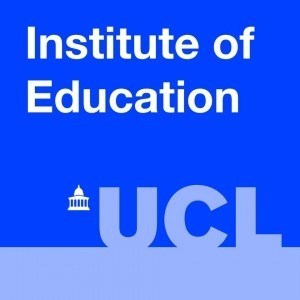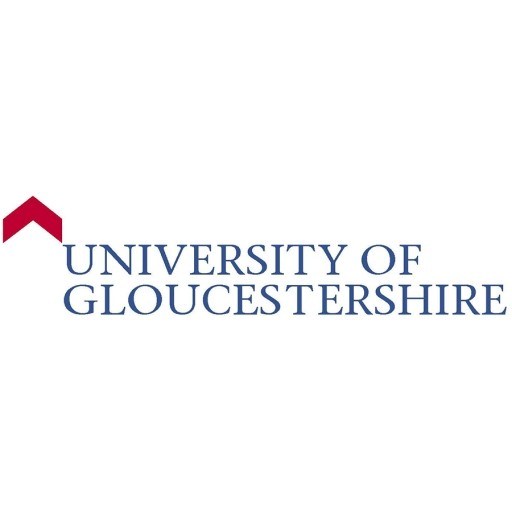Photos of university / #ucl
Music Education at University College London offers a comprehensive and innovative programme designed to equip students with the skills, knowledge, and practical experience necessary to become effective music educators in diverse settings. This programme explores the theoretical foundations of music pedagogy alongside practical teaching methodologies, enabling graduates to foster musical growth and understanding in learners of all ages and backgrounds. Students gain a deep understanding of musicology, cognitive development related to music learning, and the cultural contexts of music education. The curriculum combines academic coursework, practical teaching placements, and research opportunities, allowing students to develop reflective and evidence-based teaching practices. Emphasising critical thinking and creative problem-solving, the programme prepares students for careers in primary and secondary education, community music projects, and music teaching in a variety of cultural and social environments. Candidates will have the opportunity to engage with contemporary debates in music education, learn from experienced practitioners, and participate in innovative projects that address current challenges in the field. The programme is suitable for aspiring teachers, musicians, and education professionals committed to advancing music education and promoting access and equity in the musical learning process. Graduates will be well-equipped to design and implement engaging music curricula, utilise diverse pedagogical approaches, and contribute to the development of life-long musical learners. Offering a blend of theoretical knowledge, practical skills, research opportunities, and professional development, the Music Education programme at UCL aims to develop reflective practitioners who can make a meaningful impact in the field of music education worldwide.
Undertaking the Music Education MA programme will allow students to develop their critical thinking and ability to interrogate current educational research, literature and practice in the overarching fields of music and music education. They will also have the opportunity to pursue specialist lines of enquiry that are related to their own professional and/or academic interests, working alongside prominent academics in the field.
Students undertake modules to the value of 180 credits.
The programme consists of two core modules (60 credits), and either two optional modules (60 credits) and a research dissertation (60 credits), or three optional modules (90 credits) and a report (30 credits).
Core modules
The two core modules are founded on three strands in the study of music education: philosophy, psychology and sociology. These include historically-significant and cutting-edge contemporary approaches, theories and philosophies across a wide range of topics.
- Disciplines of Music and Music Education Part I
- Disciplines of Music and Music Education Part II
Optional modules
The Critical Studies in Music Pedagogy and Practice module examines past and present music education research and practice across a range of social and cultural contexts. Music Technology in Education provides students with opportunities to engage with published commentary and also develop practical skills. Choral Conducting, Leadership and Communication develops the skills of effective choral conducting and rehearsing in educational contexts.
- Students choose from a range including:
- Critical Studies Music and Music Education
- Choral Conducting Leadership and Communication
- Music Technology in Education
Please note: at the programme leader's discretion, a student might be able to import a maximum of 60 credits.
Dissertation/report
All students undertake an independent research project, which culminates in a 20,000-word dissertation or 10,000-word report.
Teaching and learning
The main mode of delivery is through a combination of weekly lectures and seminars.
There are ten-week lecture courses for the two core modules, and also for Critical Studies in Music Pedagogy and Practice (optional module), with sessions held in the evenings at the UCL Institute of Education. However, the Choral Conducting Leadership and Communication optional module takes place over five full days at the UCL Institute, as well as through additional student-led sessions. Students are also required to engage actively with UCL's online learning environments across the programme. The Music Technology in Education optional module is delivered online. All students are entitled to face-to-face tutorials with their allocated tutors.
Assessment is predominantly through a written assignment for each taught module.
Normally a minimum of a second-class Bachelor's degree from a UK university, or an overseas qualification of an equivalent standard in music, music education and/or arts education, or a related field of study. There may be particular circumstances where professional experience and/or study or work portfolio is considered by the Programme Leader(s) in order to satisfy entry requirements.
The University College London offers a comprehensive range of financing options for students enrolling in their Music Education programs. Prospective students are encouraged to explore various funding sources to support their studies, including government-sponsored loans, scholarships, and external funding opportunities. UCL provides several scholarships specifically aimed at outstanding students, which may cover partial or full tuition fees. These scholarships are awarded based on academic merit, talent, or financial need, and applicants are advised to submit the necessary documentation during the application process. Additionally, UCL participates in national loan schemes, such as the UK Student Loans, allowing eligible students to borrow funds to cover living costs and tuition fees, repayable after graduation once a certain income threshold is reached. International students are also advised to seek scholarships and grants from their home countries, as well as UCL's international funding schemes. Furthermore, part-time work opportunities are available on campus, enabling students to earn supplementary income while studying. The university’s financial aid office provides detailed guidance on applying for these funding options and estimates of living expenses in London, ensuring that students can budget effectively. It is important for students to research and plan their finances early in the application process to secure the most suitable funding arrangements. UCL’s commitment to accessible education reflects its aim to support diverse student populations through various financial support programs, making a career in Music Education attainable for students from different backgrounds.
The Music Education program at University College London (UCL) offers students a comprehensive and interdisciplinary approach to understanding and practicing music education in diverse contexts. Designed for individuals passionate about teaching, research, and policy development in music, the program combines theoretical perspectives with practical applications to prepare graduates for careers across schools, community settings, higher education, and policy-making institutions. The curriculum covers a broad range of topics including educational psychology, curriculum development, ethnomusicology, musicology, pedagogy, and the use of technology in music teaching. Emphasizing critical thinking and innovative teaching strategies, the program encourages students to analyze the social, cultural, and political dimensions of music education across different communities and countries. Students engage in both individual and collaborative projects, gaining hands-on experience through placements, workshops, and research activities designed to enhance their pedagogical skills. The faculty comprises leading scholars in the fields of music education, ethnomusicology, and arts policy, providing a rich learning environment that fosters inquiry and professional development. Graduates of this program are equipped to influence music education practices, conduct impactful research, and contribute to policy reforms, enriching the musical lives of diverse populations. The program typically offers flexible study options, including full-time and part-time routes, to accommodate working professionals and international students. UCL’s vibrant academic community and extensive network of cultural institutions provide students with unparalleled opportunities for engagement, collaborations, and career advancement in the global music education sector.









